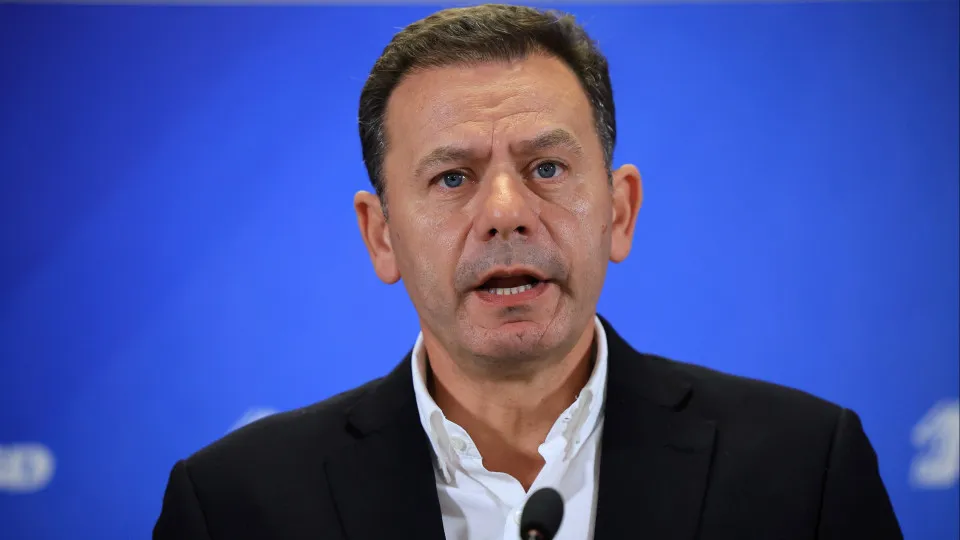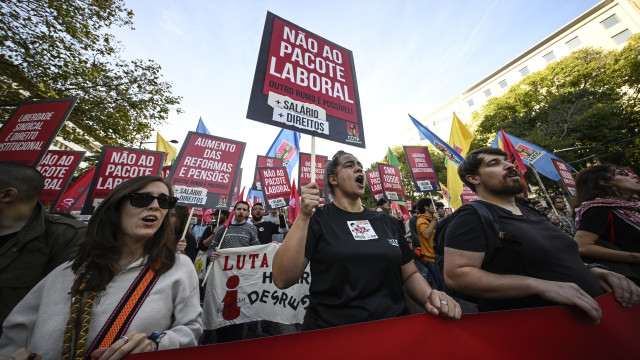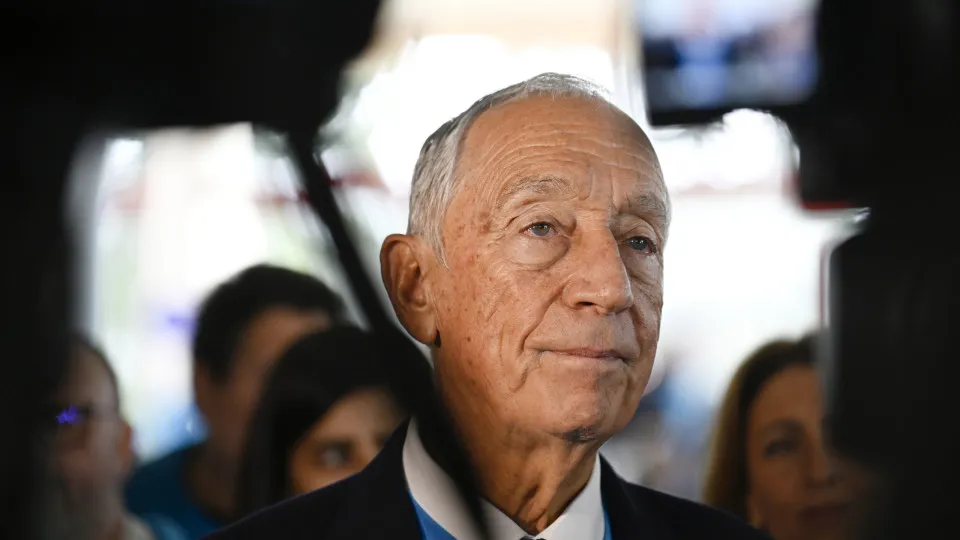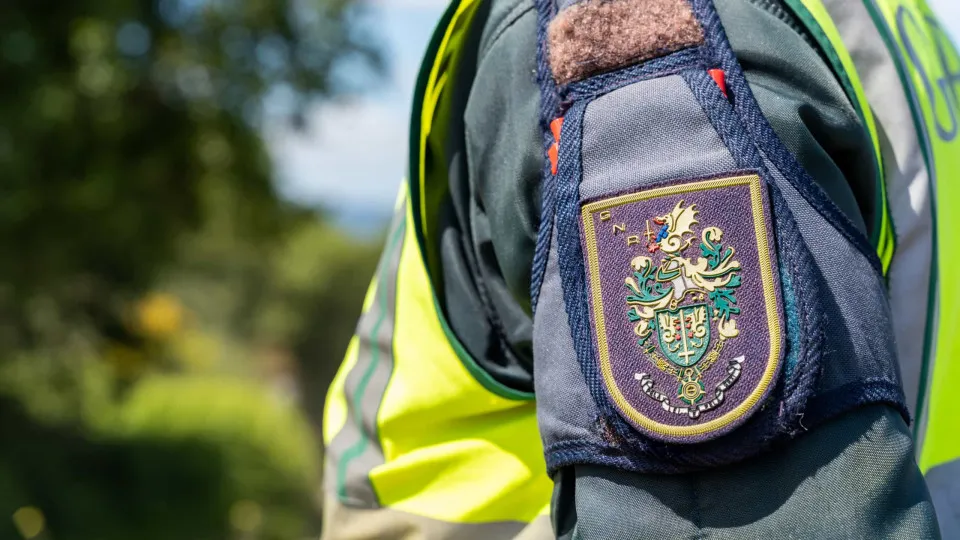
The 8th edition of the “Festival Caixa Fado,” organized by Caixa Angola, took place on Thursday night, featuring Angolan artists Matias Damásio, Heroide, Anabela Aya, and Portuguese artists Camané, Filipa Cardoso, Marco Rodrigues, and Ana Sofia Varela.
Under the theme “United by History, Together for Freedom,” this year’s edition of the Festival Caixa Fado attracted a full house, delighting the audience with performances like “Porquê do Fado” and “Era o Adeus,” performed by Heroide, a young Angolan singer making her debut at this event.
In comments to the press, Heroide, who performed a duet with Portuguese singer Filipa Cardoso, shared her enthusiasm for fado music, mentioning she learned to appreciate and interpret it just by listening, expressing her happiness and confidence.
Heroide, who had her first performance in Lisbon this year, expressed her desire to perform future duets with fado singers Marco Rodrigues and Sara Correia.
Filipa Cardoso expressed her pride and honor in participating in the event, praising her Angolan colleague Heroide with whom she shared the stage.
“I’m in love with that girl’s voice, she’s incredibly talented; she was very nervous, without any reason, because she has a great and promising future ahead. She chose a particularly amusing song from my album, ‘O Cai a Noite,’ which I hadn’t sung in a long time, and it was a privilege to sing with her,” she highlighted.
The Portuguese singer also noted that she felt “very embraced by the Angolan people,” emphasizing the joy of sharing the stage with artists from different musical genres, highlighting that this fusion “always works very well,” not just because of the shared language but also because “semba has the same depth as fado.”
Also from Angola, Anabela Aya performed for the third time at the “Festival Caixa Fado,” having previously shared the stage with Marco Rodrigues and Ana Sofia Varela, and eagerly anticipating her next invitation.
Anabela Aya, who was named Angola’s Diva of Music in 2017, pointed out that while there is still limited interest in this Portuguese musical style, more work is needed for Angolans to embrace “new sounds.”
As a reference in afrojazz and soul, also experimenting with Cape Verdean morna, zouk, and semba, she noted that, on the occasion of the country’s jubilee celebration, “it made perfect sense” for Portuguese and Angolans to come together.
Camané, the Portuguese fado singer performing in Angola since 1993 and a regular presence at this festival, emphasized the growing connection to this music, noting that “there are many people with a great capacity to sing some fados.”
“I’m talking about, for example, Matias Damásio, the way he sang ‘Lágrima’ and ‘Lisboa Menina e Moça’ with me was fantastic, and his rendition of ‘Fado da Tristeza’ was remarkable,” he pointed out.
Camané also underlined the unity between Angolans and Portuguese through a shared language, recalling many Angolan childhood friends, and noting a strengthening relationship between African, particularly Angolan, and Portuguese cultures.
Regarding the festival, Caixa Angola’s CEO, Manuela Ferreira, highlighted “the significant cultural exchange between the two cultures” and the full house for the event.
“We strive to bring new people, new talents, and offer the public a variety of voices in each festival. Yet, there are individuals who have been with us since the beginning, who are integral to this project, and we cannot overlook inviting them,” she stated.
For Manuela Ferreira, there is now a substantial Angolan population interested in fado, even though it is not a sound inherently tied to the country’s DNA, which is described as more colorful, warmer, and rhythmic.
“Since the first event, we have been pleasantly surprised by the adhesion of the Angolan audience, which exceeded our expectations,” she added.




